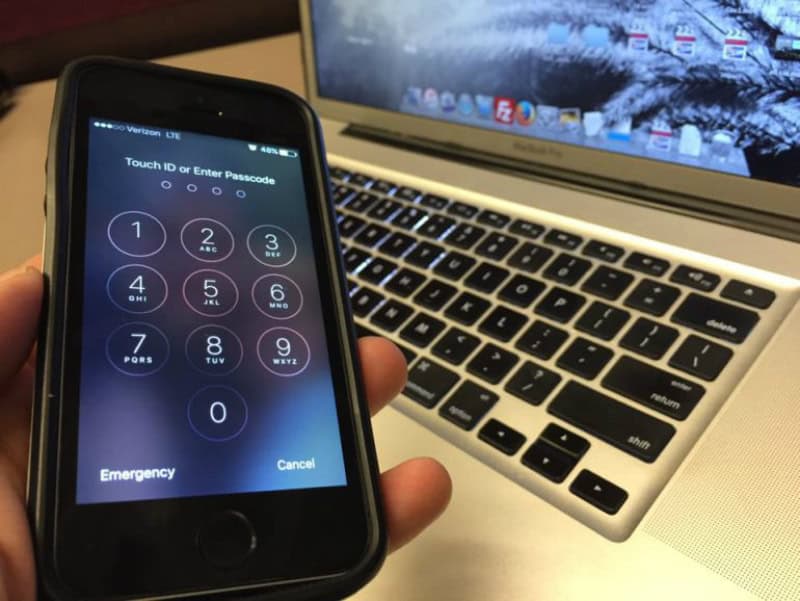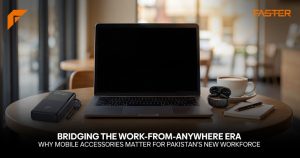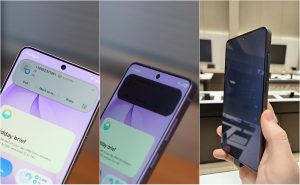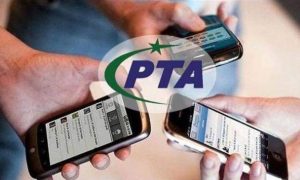SILICON VALLEY (Web Desk) – In a first-of-its-kind ruling that pits digital privacy against national security interests, a US magistrate has ordered tech giant Apple Inc. to help the government hack into an encrypted iPhone.
The mobile phone belongs to one of the shooters in the December attack in San Bernardino, California, that killed 14 people.
The ruling by Magistrate Judge Sheri Pym, a former federal prosecutor, requires Apple to supply highly specialized software the FBI can load onto the county-owned work iPhone to bypass a self-destruct feature, which erases the phone’s data after too many unsuccessful attempts to unlock it.
The FBI wants to be able to try different combinations in rapid sequence until it finds the right one, international news agencies reported.
The decision gives the Justice Department a significant victory in an entrenched technology policy battle, as more-powerful encryption services threaten the ability of federal agents to uncover important evidence in criminal or terrorism cases.
The Obama administration, which has embraced stronger encryption as a way to keep consumers safe on the Internet, had struggled to find a compelling example to make its case.
The Tuesday’s ruling tied the problem to the deadliest terrorist attack on US soil since the 2001 attacks on the World Trade Center and the Pentagon.
Syed Farook and his wife, Tashfeen Malik, killed 14 people in a Dec. 2 shooting at a holiday luncheon for Farook’s co-workers. The couple later died in a gun battle with police.

Federal prosecutors told the judge in a court application Tuesday that they are not able to access a work phone used by Farook because they don’t know his passcode and Apple has not cooperated.
Under US law, a work phone is generally the property of a person’s employer. The judge told Apple to provide an estimate of its cost to comply with her order, suggesting that the government will be expected to pay for the work.
Apple has provided default encryption on its iPhones since 2014, allowing any device’s contents to be accessed only by the user who knows the phone’s passcode.














